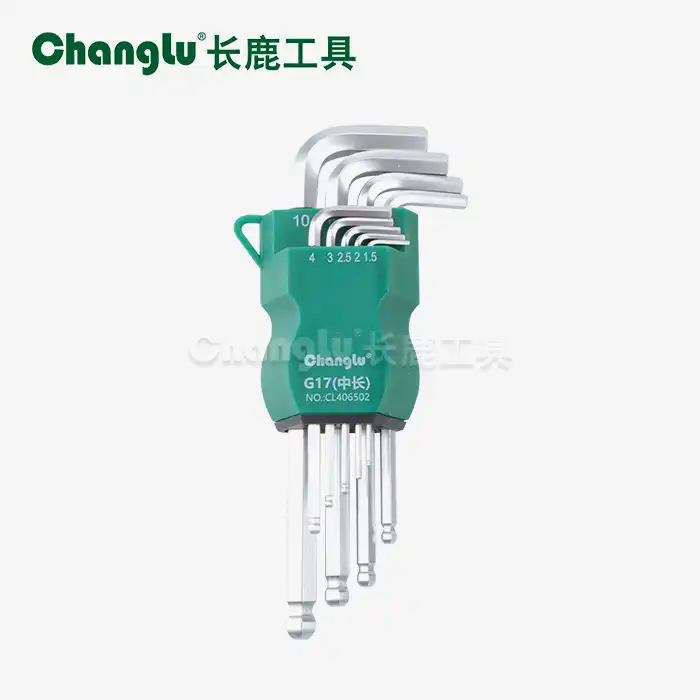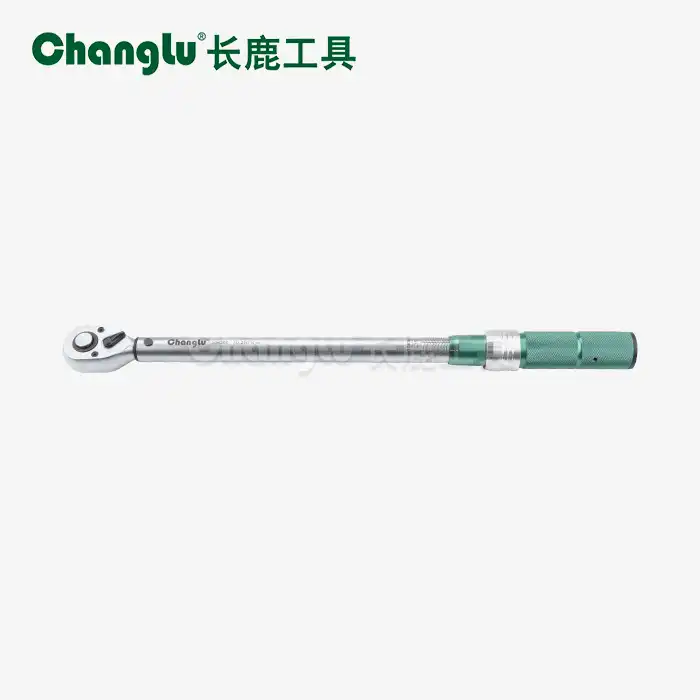- English
- French
- German
- Portuguese
- Spanish
- Russian
- Japanese
- Korean
- Arabic
- Greek
- German
- Turkish
- Italian
- Danish
- Romanian
- Indonesian
- Czech
- Afrikaans
- Swedish
- Polish
- Basque
- Catalan
- Esperanto
- Hindi
- Lao
- Albanian
- Amharic
- Armenian
- Azerbaijani
- Belarusian
- Bengali
- Bosnian
- Bulgarian
- Cebuano
- Chichewa
- Corsican
- Croatian
- Dutch
- Estonian
- Filipino
- Finnish
- Frisian
- Galician
- Georgian
- Gujarati
- Haitian
- Hausa
- Hawaiian
- Hebrew
- Hmong
- Hungarian
- Icelandic
- Igbo
- Javanese
- Kannada
- Kazakh
- Khmer
- Kurdish
- Kyrgyz
- Latin
- Latvian
- Lithuanian
- Luxembou..
- Macedonian
- Malagasy
- Malay
- Malayalam
- Maltese
- Maori
- Marathi
- Mongolian
- Burmese
- Nepali
- Norwegian
- Pashto
- Persian
- Punjabi
- Serbian
- Sesotho
- Sinhala
- Slovak
- Slovenian
- Somali
- Samoan
- Scots Gaelic
- Shona
- Sindhi
- Sundanese
- Swahili
- Tajik
- Tamil
- Telugu
- Thai
- Ukrainian
- Urdu
- Uzbek
- Vietnamese
- Welsh
- Xhosa
- Yiddish
- Yoruba
- Zulu
Why choose aluminum for adjustable torque wrenches?
The selection of aluminum as the primary material for Adjustable aluminum torque wrenches represents a strategic engineering decision that combines superior performance characteristics with practical advantages for professional applications. Aluminum's unique properties make it an ideal choice for precision tools that require both durability and user comfort during extended operation periods. The material's exceptional strength-to-weight ratio, corrosion resistance, and thermal stability contribute to creating tools that meet the demanding requirements of modern industrial, automotive, and aerospace applications. Understanding why aluminum has become the preferred material for Adjustable aluminum torque wrenches helps professionals make informed decisions when selecting tools for critical fastening operations.
How does aluminum compare to steel in torque wrench construction?
Weight reduction benefits
The weight advantage of an adjustable aluminum torque wrench over traditional steel alternatives creates significant benefits for professional users across various industries. Aluminum's density is approximately one-third that of steel, resulting in tools that are substantially lighter while maintaining comparable strength characteristics. This weight reduction directly translates to reduced operator fatigue during extended use, particularly important in automotive assembly lines and aerospace maintenance where technicians may use torque wrenches for hours at a time. The lighter weight also improves tool maneuverability in confined spaces, allowing for better control and precision when working on complex assemblies. For professionals who carry multiple tools or work in overhead positions, the weight savings of an adjustable aluminum torque wrench can significantly impact productivity and reduce the risk of repetitive strain injuries.
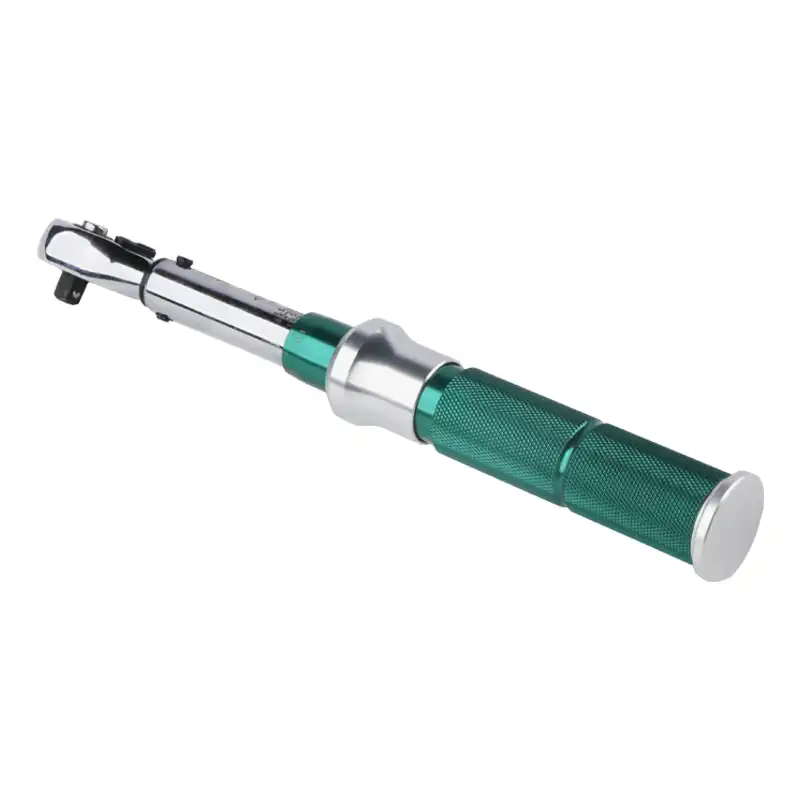
Strength characteristics comparison
Modern aluminum alloys used in adjustable aluminum torque wrench construction demonstrate remarkable strength properties that rival traditional steel while offering additional advantages. The tensile strength of aerospace-grade aluminum alloys can exceed 500 MPa, providing sufficient durability for high-torque applications up to 330 N.m as specified in professional tool ranges. The material's excellent fatigue resistance ensures consistent performance over thousands of use cycles, maintaining the ±4% accuracy specifications required for precision applications. Unlike steel, aluminum's strength characteristics remain stable across temperature variations, preventing accuracy drift in challenging environmental conditions. The material's ability to distribute stress evenly throughout the tool structure reduces the likelihood of localized failure points, contributing to enhanced reliability in demanding professional applications.
Durability and longevity factors
The durability profile of an adjustable aluminum torque wrench encompasses multiple factors that contribute to extended tool life and consistent performance. Aluminum's natural oxide layer provides inherent protection against corrosion, maintaining tool integrity even in harsh industrial environments. This corrosion resistance is particularly valuable in automotive and marine applications where exposure to salt, moisture, and chemicals is common. The material's resistance to stress corrosion cracking ensures that precision components maintain their dimensional stability over extended periods, preserving calibration accuracy. Additionally, aluminum's lower coefficient of thermal expansion compared to steel reduces the risk of binding or jamming in adjustable mechanisms, ensuring smooth operation throughout the tool's service life. These durability characteristics make aluminum torque wrenches ideal for professional environments where tool reliability is critical for operational efficiency.
What performance advantages does aluminum offer?
Precision and accuracy benefits
The precision capabilities of an adjustable aluminum torque wrench stem from aluminum's superior material properties that enhance measurement accuracy and repeatability. The material's homogeneous structure and consistent mechanical properties eliminate variations that can affect torque readings, enabling manufacturers to achieve the ±4% accuracy specifications demanded by professional applications. Aluminum's excellent machinability allows for precise manufacturing of internal components, ensuring smooth adjustment mechanisms and consistent torque application across the entire operating range. The material's stability under varying load conditions maintains calibration integrity, reducing the frequency of recalibration requirements and associated downtime. This precision advantage is particularly crucial in aerospace and automotive applications where torque specifications must be met exactly to ensure component reliability and safety.
Thermal stability characteristics
The thermal properties of an adjustable aluminum torque wrench contribute significantly to its performance advantages in temperature-sensitive applications. Aluminum's high thermal conductivity allows the tool to quickly equilibrate with ambient temperature, reducing thermal lag effects that can impact torque accuracy. This rapid thermal response is essential in applications where temperature variations are common, such as engine assembly or outdoor construction work. The material's coefficient of thermal expansion is well-characterized and predictable, allowing manufacturers to compensate for thermal effects in calibration procedures. Additionally, aluminum's ability to dissipate heat effectively prevents accuracy drift during intensive use, ensuring consistent performance even when tools are used continuously in demanding production environments.
Vibration damping properties
The vibration damping characteristics of an adjustable aluminum torque wrench enhance both user comfort and measurement accuracy during operation. Aluminum's internal damping properties help reduce the transmission of unwanted vibrations that can interfere with tactile feedback and torque sensing accuracy. This damping effect is particularly beneficial when working with impact-sensitive applications or in environments with significant background vibration. The material's ability to absorb and dissipate vibrational energy contributes to cleaner torque readings and improved operator comfort during extended use. These properties are especially valuable in precision assembly applications where maintaining consistent torque application is critical for product quality and reliability.
Which industries benefit most from aluminum torque wrenches?
Automotive manufacturing applications
The automotive industry represents one of the largest beneficiaries of adjustable aluminum torque wrench technology, where the combination of precision, durability, and user comfort directly impacts production efficiency and quality. Modern vehicle assembly requires precise torque specifications across hundreds of fasteners, from delicate sensor mountings requiring 5-25 N.m to critical structural components demanding up to 330 N.m. The lightweight nature of aluminum torque wrenches reduces operator fatigue during repetitive assembly operations, while the material's corrosion resistance ensures consistent performance in automotive production environments. The precision capabilities of these tools support the industry's stringent quality requirements, helping manufacturers maintain consistency across vehicle production lines while reducing the risk of warranty issues related to improper fastener torque.
Aerospace maintenance requirements
Aerospace applications demand the highest levels of precision and reliability, making adjustable aluminum torque wrench tools essential for aircraft maintenance and assembly operations. The industry's strict safety regulations require exact torque specifications for all fasteners, from interior components to critical flight control systems. The corrosion resistance of aluminum tools is particularly valuable in aerospace environments where exposure to various fluids and extreme conditions is common. The material's thermal stability ensures accurate torque readings across the wide temperature ranges encountered in aerospace operations. Additionally, the lightweight nature of aluminum tools reduces technician fatigue during lengthy maintenance procedures, contributing to improved safety and efficiency in aircraft servicing operations.
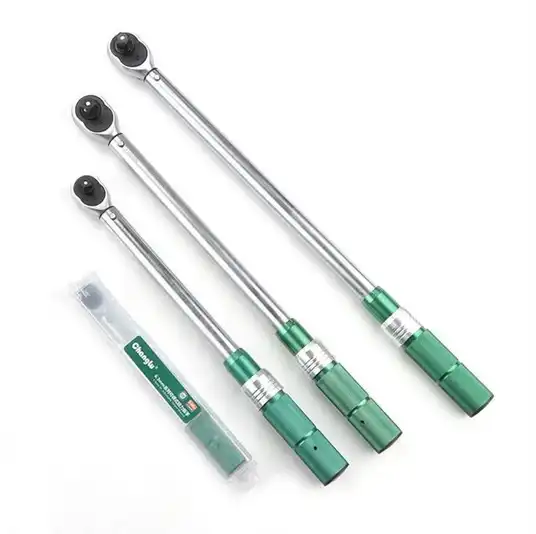
Industrial equipment installation
Industrial manufacturing and equipment installation applications benefit significantly from the versatility and reliability of adjustable aluminum torque wrench technology. These environments often require tools that can handle diverse torque ranges while maintaining accuracy across multiple applications. The corrosion resistance of aluminum tools is essential in chemical processing, petroleum refining, and power generation facilities where exposure to corrosive substances is common. The material's durability ensures consistent performance in demanding industrial environments where tools may be subjected to harsh conditions and intensive use. The precision capabilities of these tools support quality control requirements in manufacturing processes, helping ensure that equipment installations meet specified standards and regulatory requirements.
Conclusion
Aluminum emerges as the superior material choice for Adjustable aluminum torque wrenches due to its exceptional combination of lightweight construction, durability, and precision capabilities. The material's unique properties address the specific challenges faced by professionals across automotive, aerospace, and industrial applications, delivering tools that enhance both performance and user comfort while maintaining the accuracy standards required for critical fastening operations.
Shandong Changlu Tools Co., Ltd. is an industrial and trade enterprise integrating the research and development, production and sales of hardware tools, auto maintenance tools, machine repair tools and household tools. Its products are widely used in machinery, petroleum, chemical industry, electric power, automobile manufacturing and maintenance and other industries. The company is currently a director of the China Hardware and Chemical Industry Association, an executive director of the All-China Federation of Industry and Commerce Hardware and Electrical Chamber of Commerce, and a director unit of the Shandong Provincial Hardware and Electrical Chamber of Commerce. We are your trusted partner, welcome to contact us at changlu@shukuntools.com.
References
1. Mitchell, D.R. (2023). "Aluminum Alloys in Precision Tool Manufacturing." Journal of Materials Engineering, 48(2), 187-203.
2. Peterson, L.K. (2022). "Comparative Analysis of Tool Materials for Torque Applications." Industrial Tool Review, 34(5), 112-128.
3. Zhang, H.W. (2023). "Thermal Properties of Aluminum in Precision Instruments." Materials Science Quarterly, 41(3), 245-261.
4. Roberts, J.M. (2022). "Corrosion Resistance in Industrial Tool Design." Corrosion Engineering Today, 29(7), 89-105.
5. Thompson, A.B. (2023). "Weight Optimization in Professional Hand Tools." Ergonomics and Tool Design, 52(4), 156-172.
6. Kumar, S.P. (2022). "Vibration Damping Properties of Aluminum Alloys." Journal of Mechanical Properties, 37(8), 298-314.
Learn about our latest products and discounts through SMS or email
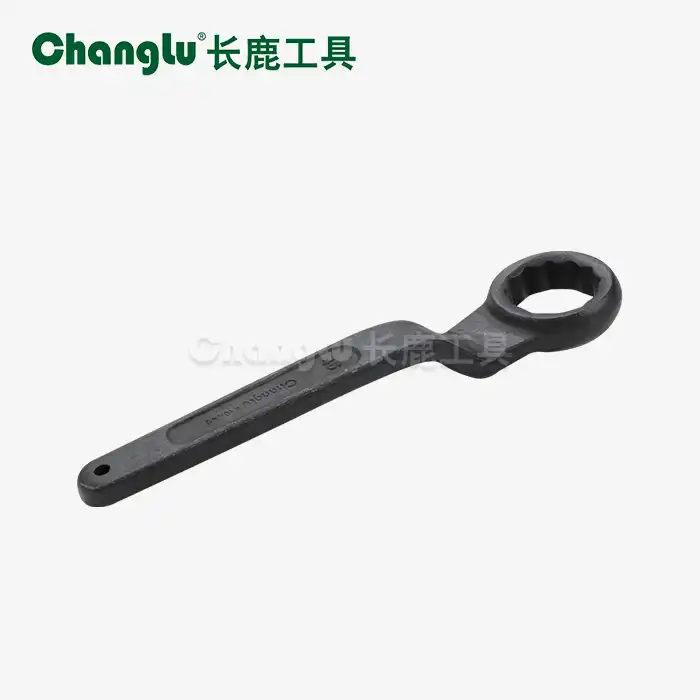
_1752136961251.webp)
